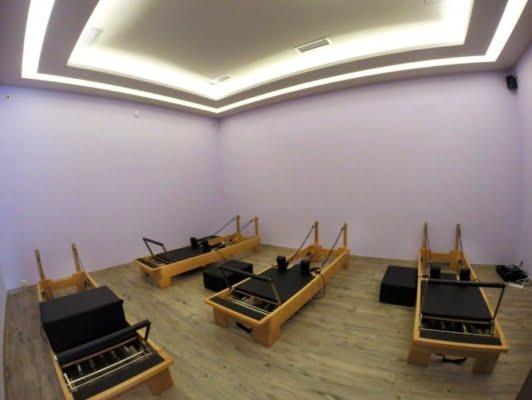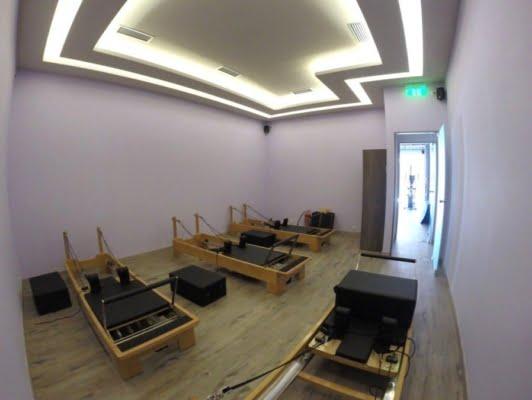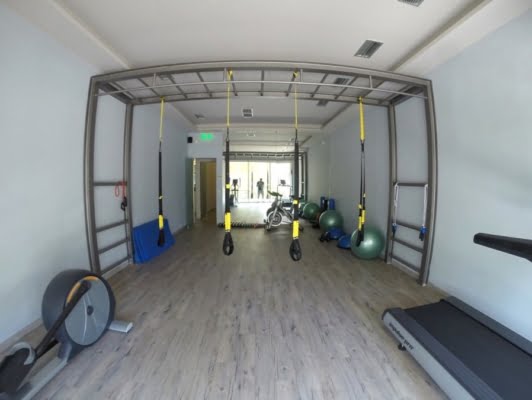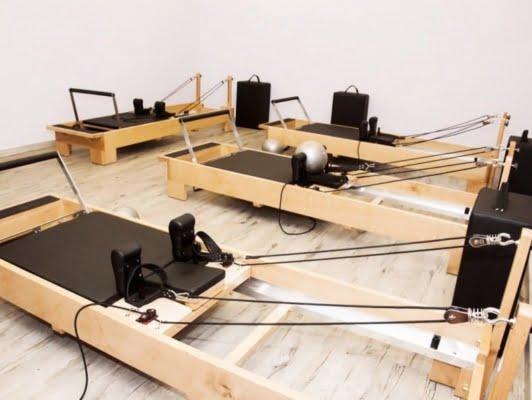Holistic medicine is a different philosophy of approach to health that sees the human being as a complete entity and not as heart, lungs, bones, etc. Classical medicine has made leaps and bounds in the last few decades, but to achieve this it was fragmented into many small and fragmented parts . There is the specialist for the heart, for the blood pressure, for the sugar, for the bones, for the stomach, etc. Each specialist is perfect in dealing with the ailments that concern the organ he knows well, but does not care about the rest of the body.
In Holistic Medicine, symptoms are considered the expression of the disease, and not the disease itself. Symptoms are, of course, evaluated and taken into account, but the goal is not only their absence, but overall health. In the context of health, the absence of symptoms is important, but not the only thing that should concern the physician.
The Holistic Physician will see the person as a whole and treat the person and not just the heart, lungs, kidneys, etc.
The holistic physician has studied classical medicine and finds it very useful and uses it in his daily practice with laboratory, imaging and other tests, diagnoses and in some cases even with drugs (fortunately, rarely). The main difference with the classical family doctor is that he tries to avoid or delay or limit the use of chemical drugs and considers the prevention of disease more important than treatment and attaches great importance to it. Holistic medicine makes use of all possible forms of treatment, both with natural means (nutrition, acupuncture, homeopathy, hormonal harmonisation, exercise, counselling, nutrition, etc.) and with the use of preparations (dietary supplements, herbs, homeopathic medicines ). Finally, when the holistic practitioner deems it necessary, he will even use chemical drugs, although this is usually significantly limited with the rest of the therapeutic interventions.
The treatment methods used by holistic practitioners vary according to their field of study, are individualized for each patient and often include the use of food intolerance testing, homeopathic medicine, acupuncture, vitamins, herbs and nutritional supplements, etc. .



























